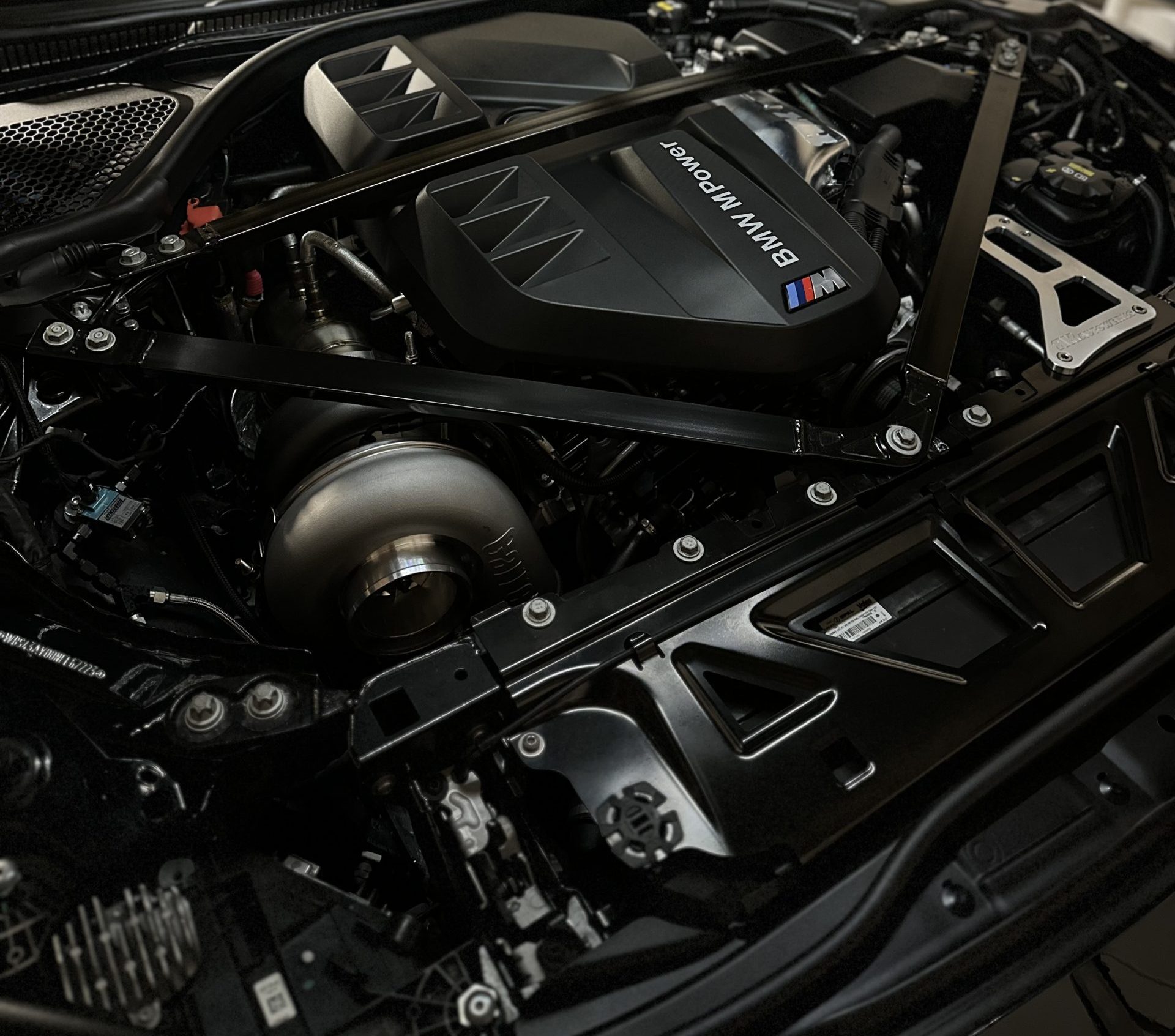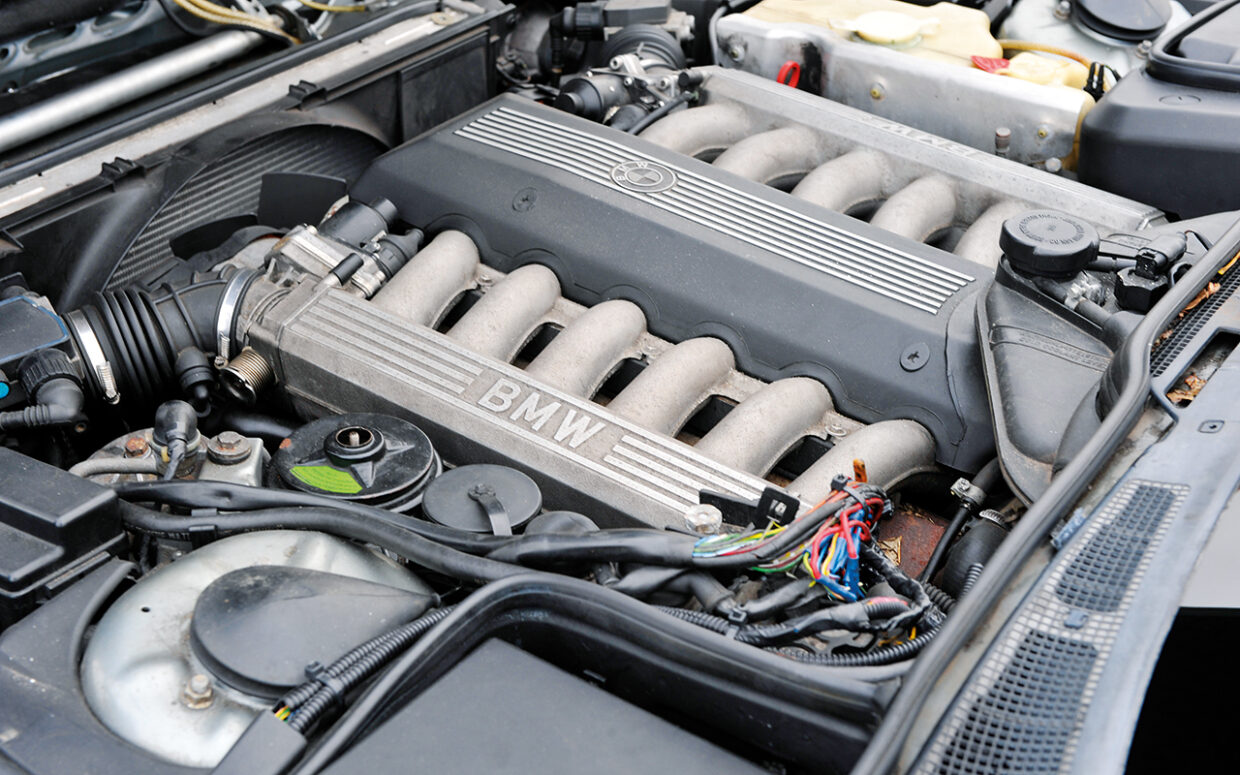Revealing the Intricacies of Next-Generation Power Units: a Deep Study Advanced Engine Advancements and styles
In the realm of automobile engineering, the relentless search of efficiency, sustainability, and efficiency has pushed the advancement of power systems to unmatched heights. As we stand on the precipice of a new age in transportation, the ins and outs of next-generation engine styles beckon us to discover the innovative technologies and innovations that assure to redefine the driving experience. From sophisticated materials that push the limits of toughness and weight reduction to sophisticated turbocharging and turbo charging systems that raise power outcome to new levels, each part of these power systems holds a key to opening the future of automotive design. Digging much deeper into the worlds of exhaust control, smart engine management systems, and the perspective of power system growth, we discover ourselves on the cusp of an improvement that guarantees to reshape the landscape of flexibility as we know it.
Advancement of Engine Materials

The shift in the direction of progressed engine products has actually additionally enabled engineers to develop engines with greater power outputs while preserving fuel effectiveness standards. The usage of lightweight products decreases the general weight of the engine, leading to enhanced fuel economic situation and reduced emissions. Additionally, improvements in materials innovation have actually permitted far better thermal monitoring within engines, leading to enhanced dependability and longevity.
Turbocharging and Supercharging Technologies
Just How do Turbocharging and Supercharging Technologies reinvent engine performance and performance in modern vehicles? Turbo charging and turbocharging are technologies that significantly boost engine performance by increasing the quantity of air intake into the burning chamber. Turbocharging achieves this by making use of a wind turbine driven by exhaust gases to pressurize the consumption air, while supercharging makes use of a belt- or chain-driven compressor to accomplish the same result.
These innovations allow smaller sized, a lot more fuel-efficient engines to produce power comparable to bigger ones, recognized as downsizing. By compeling more air right into the cylinders, turbocharging and turbo charging enhance burning effectiveness, leading to boosted horse power and torque output without a substantial rise in engine size. This leads to much better acceleration, hauling capacity, and general driving efficiency.
Furthermore, turbocharging and turbo charging add to enhanced gas efficiency by enabling the usage of smaller sized engines that consume much less gas under regular driving conditions - bmw engine. This combination of boosted performance and performance has made turbocharging and supercharging indispensable components of numerous modern-day engine styles
Exhaust Control and Environmental Impact
With enhancing international problems regarding air top quality and ecological sustainability, the implementation of emission control innovations in automobiles plays an essential role in lowering harmful pollutants released into the atmosphere. Modern lorries are furnished with innovative exhaust control systems that aid decrease the ecological influence of automotive operations. Catalytic converters, as an example, are designed to convert toxic gases such as carbon monoxide gas, nitrogen oxides, and hydrocarbons right into less harmful substances like carbon dioxide and water vapor.
Furthermore, developments in engine modern technology, such as the assimilation of exhaust gas recirculation systems and discerning catalytic decrease, have considerably added to lowering emissions. These modern technologies operate in tandem to maximize combustion efficiency and minimize the release of harmful pollutants right into the air. Furthermore, the development of hybrid and electric vehicles stands for a critical action towards reducing the general environmental impact of the transport industry.
Intelligent Engine Monitoring Equipment

Furthermore, these systems make it possible for cars to meet rigorous exhausts standards without endangering efficiency, providing an extra eco-friendly driving experience. The assimilation of expert system and artificial intelligence abilities in engine management systems remains to push the boundaries of what is feasible, resulting in more improvements in performance, reliability, and total automobile efficiency. bmw engine. As automotive technology breakthroughs, intelligent engine administration systems will certainly play a vital duty in shaping the future of transportation in the direction of a more sustainable and reliable direction
Future Trends in Power Unit Growth
As intelligent engine management systems pave the way for enhanced control and optimization in modern-day vehicles, future trends in power unit growth are positioned to redefine the landscape of vehicle propulsion modern technologies. These alternative power sources offer improved performance and efficiency while lining up with strict environmental guidelines.
One more significant fad is the assimilation of sophisticated materials and making strategies. Lightweight materials such as carbon fiber and light weight aluminum are being made recommended you read use of to decrease total vehicle weight, improving fuel efficiency and efficiency. In addition, improvements in 3D printing and additive production are making it possible for the manufacturing of complex engine parts with greater precision and durability.
Moreover, expert system and artificial intelligence are playing an important role in maximizing power device performance. These modern technologies enable for real-time monitoring and flexible control, resulting in a lot more effective and dependable power distribution. In general, future fads in power device development are tailored towards efficiency, sustainability, and performance, driving the vehicle sector in the direction of a new age of propulsion modern technologies.

Conclusion
To conclude, the developments in engine products, turbocharging, discharge control, and smart management systems have actually paved the means for next-generation power units. These technologies have not only enhanced efficiency and performance but also lowered environmental effect. As technology remains to develop, future Website trends in power device growth are likely to focus on more enhancing sustainability and maximizing power output. The complex layouts and developments in modern-day engines display the ongoing evolution of auto technology.
Checking out the dynamic innovations in engine materials has actually been crucial in boosting the efficiency and performance of modern engines. Over the years, the evolution of engine materials has played a critical duty in pressing the borders of what engines can attain.The change in the direction of advanced engine materials has likewise allowed engineers to design engines with higher power results while maintaining gas performance criteria.The execution of smart engine administration systems in contemporary vehicles has revolutionized the means engines are regulated and maximized for performance and efficiency. By collecting data in real-time and analyzing it with advanced algorithms, intelligent engine monitoring systems can adjust to driving designs, environmental elements, and engine health to maximize power result while lessening fuel consumption and discharges.